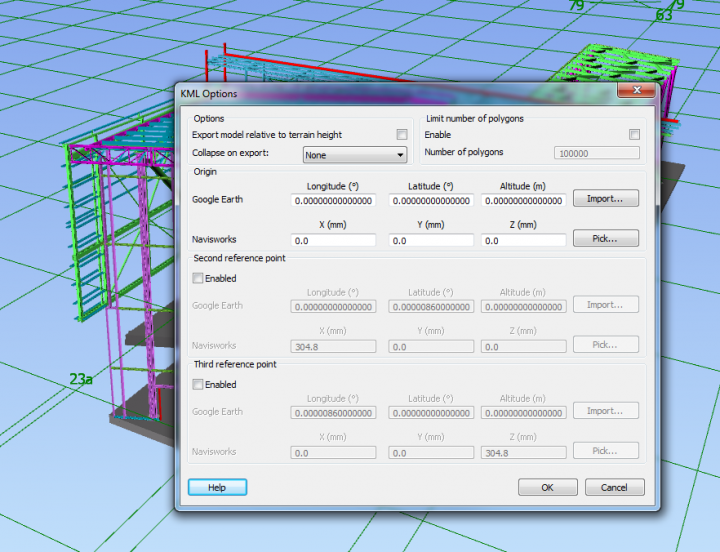
#Archicad versus revit full
Wireframe and transparent surface views open the model, while other types of views give the user full control over shading and light. Revit offers a wide range of potential visualizations from which to analyze a project. Push/pull modeling, instant and customizable geometry, as well as the intelligent multiple extrusion tool help make the conceptual design phase quite intuitive. The concept design in ArchiCAD is simple, but has all the features you would need. Projects can be referenced from this environment or modified within the BIM environment itself. This flexibility allows you to create conceptual masses and adaptive geometries that can be subsequently integrated into the BIM project environment, where you can manipulate projects into parametric components or sub-components to be used in other models. Revit offers a conceptual design environment with great flexibility in the early stages of project design.

Additionally, it can analyze a project using the engineering and visual design of interiors, exteriors and surrounding spaces of the building.
#Archicad versus revit software
This software offers a suite of tools for building design and engineering. While Revit is a fantastic tool for architects, it has many components and a broad toolbox – so broad that it can even serve engineers, builders, project managers, and so on.ĭesigned to be used as a collaborative tool for professionals across all specialist engineering and construction disciplines, Revit is the complete package to support a construction project through its entire life cycle.ĪrchiCAD is a BIM software produced by Graphisoft and designed for the same purposes as Revit.

This powerful and intelligent tool uses a model-based process to help plan all aspects of a building project, from design to construction. Revitis Autodesk’s 4D building information modeling software. Considering the pros and cons of Archicad VS Revit, which one should you choose? The term CAD software refers to a type of software program used by designers to create two-dimensional and three-dimensional models of physical components. How did a designer communicate these details to a builder? The answer: CAD software!

Do you notice the corners? Windows? Electrical outlets? Have you ever stopped to think about how those objects are placed or how they were positioned? Why is the window in the bedroom where you sleep wider than the window in the kitchen? Take a look around the room you are in now. Keep reading for an analysis of 2 CAD softwares by the Editors of GoPillar Academy!
#Archicad versus revit how to


 0 kommentar(er)
0 kommentar(er)
